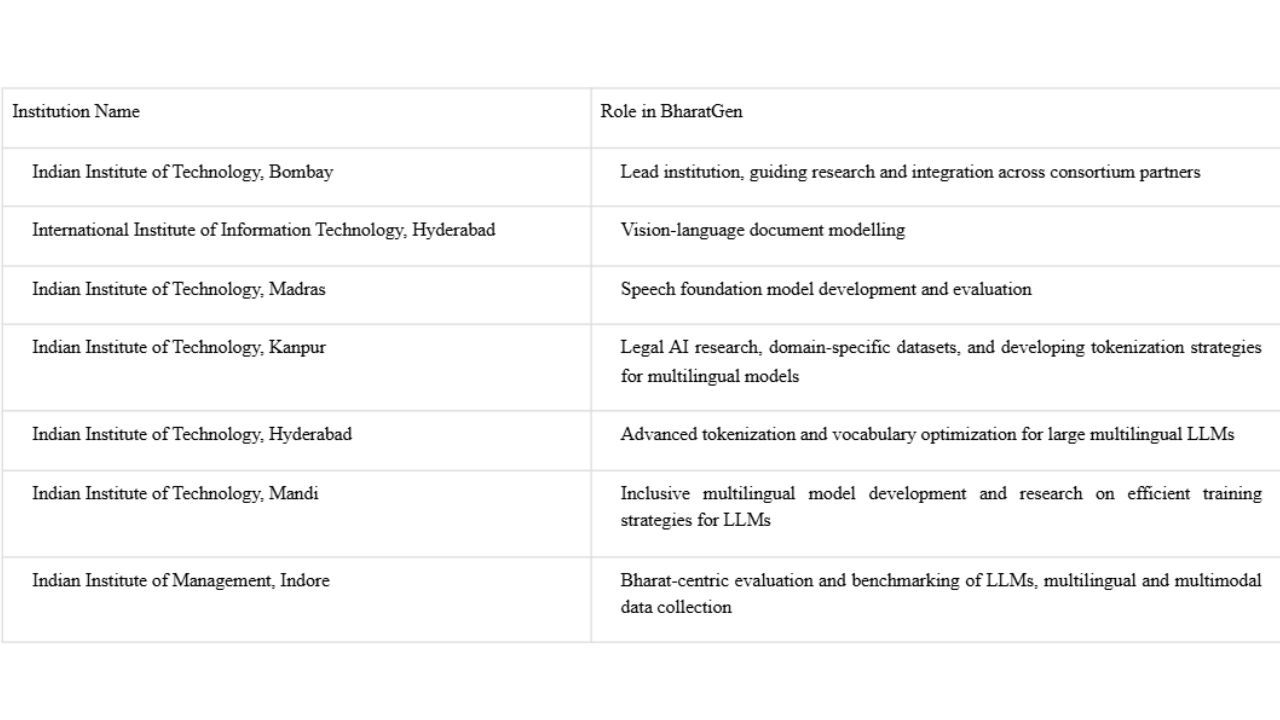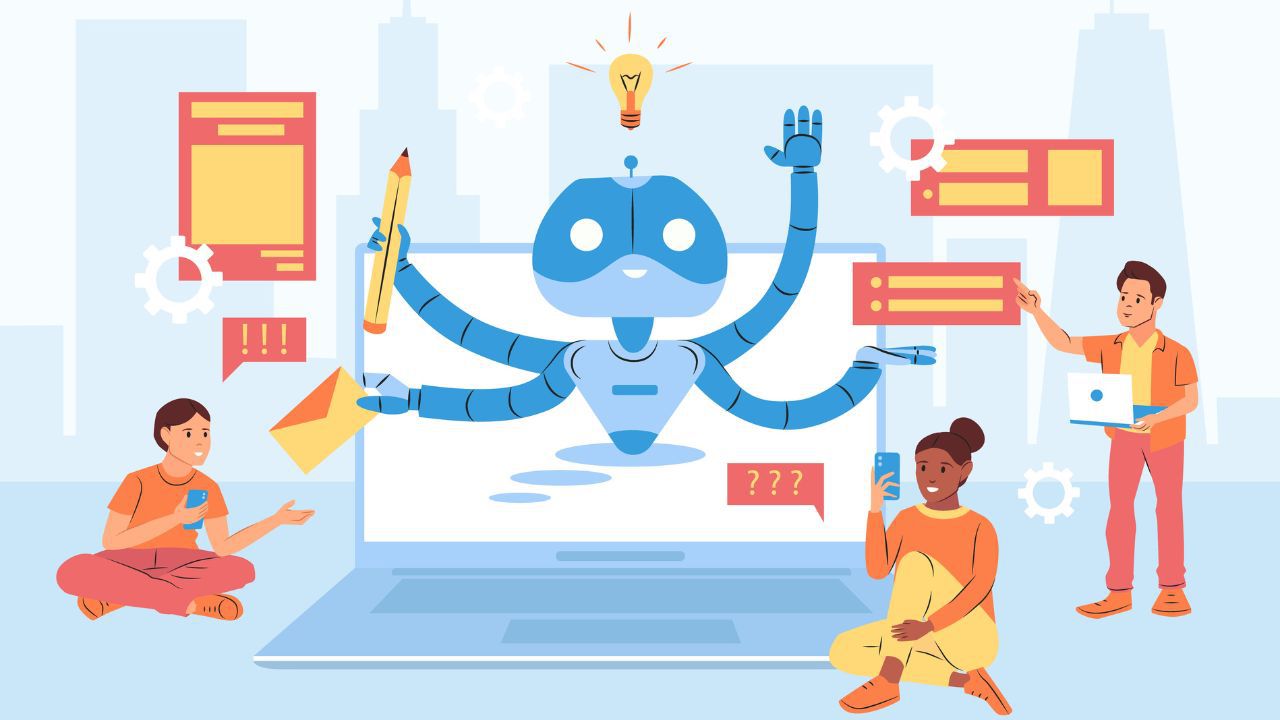BharatGen is the first government-supported national initiative to develop a range of sovereign foundational AI models tailored to Indian languages and societal contexts. It spans multiple modalities, including text (via Large Language Models), speech (Text-to-Speech and Automatic Speech Recognition), and vision-language systems.
The 22 Scheduled Languages
The initial rollout supports nine Indian languages, including Hindi, Marathi, Tamil, Malayalam, Bengali, Punjabi, Gujarati, Telugu, and Kannada. However, the roadmap is ambitious. By December 2025, BharatGen will support 15 Indian languages, with full coverage of all 22 scheduled Indian languages slated for June 2026. This expansion includes Assamese, Maithili, Nepali, Odia, Sanskrit, and Sindhi, among others.
Also Read | Apple Pledges $600 Billion to US Amid Trump’s Tariff Threat
Real-World Applications Already Underway
BharatGen is already in action. Pilot applications in agriculture, governance, and defence have been initiated. Once fully operational, these AI solutions are expected to be deployed across every state and district in the country, helping solve challenges specific to India’s socio-economic and administrative landscape.
Backed by Science, Built for Bharat
BharatGen is being implemented as a key project under the National Mission on Interdisciplinary Cyber-Physical Systems (NM-ICPS), a mission spearheaded by the Department of Science and Technology (DST). At the heart of the initiative is the TIH Foundation for IoT and IoE at IIT Bombay, which acts as the central coordination hub. It oversees the programme end-to-end—from managing the national consortium and developing foundational AI models to forging ecosystem partnerships across compute, data, and talent. Meanwhile, IIT Madras’s IITM Pravartak Technologies Foundation plays the role of an implementation partner, focusing on bringing BharatGen’s models into real-world sectors like governance, security, and media.
A Powerful National Consortium
The following institutions are part of the BharatGen consortium:
While BharatGen is working with the above consortia members, it may explore partnerships with research institutions in Karnataka. A consortium of top Indian academic institutions is driving BharatGen forward.
Also Read | Tesla Expands to Gurugram with ₹40L Monthly Lease
Public Rollout Coming Soon
While BharatGen is currently in its pilot phase, the government has plans to open it up for public and institutional use once fully deployed. When that happens, India could have one of the world’s most comprehensive sovereign AI ecosystems, deeply rooted in its own languages, culture, and use cases. This significant development was shared by Dr Jitendra Singh, Minister of State (Independent Charge) for Science and Technology, Earth Sciences, PMO, and other key departments, during a written response in the Lok Sabha.




